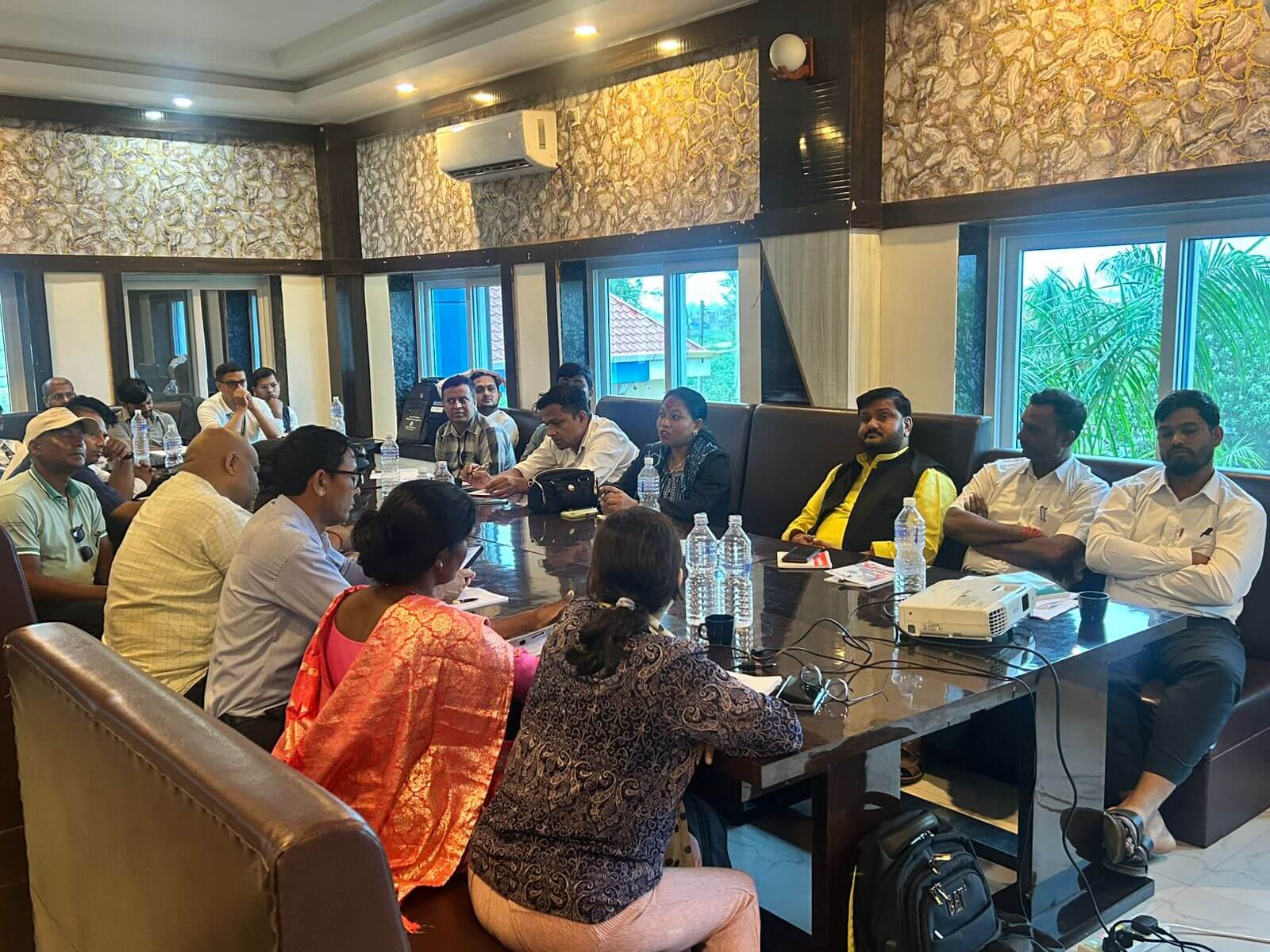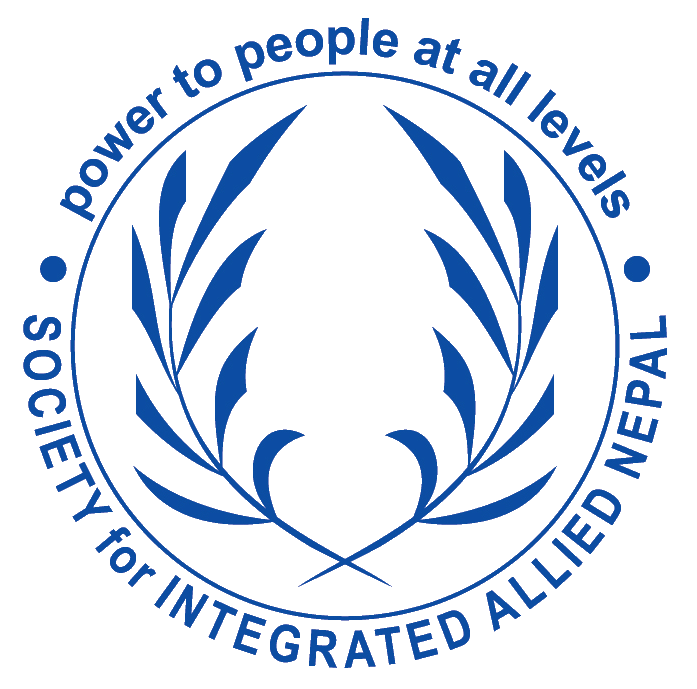Education
Education
“Education” as a thematic area encompasses more than just schooling; it refers to the holistic process of facilitating learning, acquiring knowledge, skills, values, beliefs, and habits. It covers formal, non-formal, and informal learning, aiming to ensure equitable access to quality learning opportunities for all, from early childhood development through primary, secondary, and higher education, vocational training, and lifelong learning. The ultimate goal is to empower individuals for personal development, active citizenship, and socio-economic progress, fostering critical thinking, creativity, and problem-solving skills.
Globally, the education agenda is strongly guided by Sustainable Development Goal 4 (SDG 4): “Ensure inclusive and equitable quality education and promote lifelong learning opportunities for all.” This goal sets ambitious targets for access, completion, learning outcomes, and equity.

In Nepal, education is a fundamental human right enshrined in the constitution, and the country has made significant strides in increasing primary school enrollment and reducing gender disparities. However, challenges persist, particularly concerning quality of education, equitable access for marginalized groups (e.g., Dalit, ethnic minorities, children with disabilities, children in remote areas), high dropout rates in secondary levels, and inadequate learning outcomes. The federal structure, established in 2015, has devolved significant responsibility for education to local levels, presenting both opportunities for localized solutions and challenges in capacity, coordination, and ensuring standardized quality across provinces.
SIAN in Nepal play a vital complementary role to government efforts in the education sector. A significant focus is on enhancing the quality of teaching and learning through teacher training, developing child-friendly learning environments, and introducing innovative schoolings. SIAN is also champion in inclusive education, ensuring that children with disabilities and those from disadvantaged backgrounds can participate equally. Furthermore, it engage in advocacy for policy reforms, conduct research to identify educational gaps, build the capacity of school management committees and local governments, and foster community engagement to promote school enrollment and retention.

